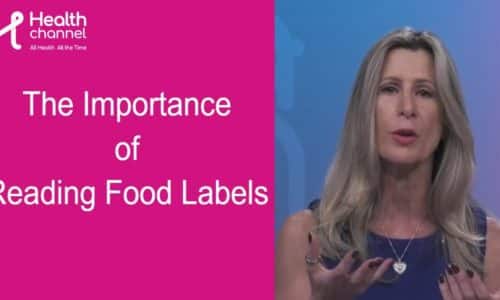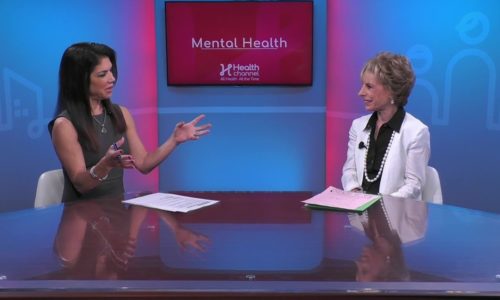Healthy vs. Unhealthy Food |
Junk food increases insulin, but natural food, such as fruits and vegetables, has a low glycemic incidence. Unni Greene, Personal Trainer & Nutritionist with SoMi Fitness, describes how processed food can affect the skin and the body.
Transcript
Walk us through what you have here bananas good I know it’s good for potassium but what else can we add there well what’s good about bananas is that it delivers carbohydrate with fiber so it’s low glycemic so on this side of the table we have more of the low glycemic foods and here we have what we call junk food or higher glycemic this puts a load on your body and it increases insulin so these are the no no’s this these are the good guys you want to eat a predominance of these foods that have a lot of fiber a lot of nutrients vitamins mineral naturally occurring in the food whereas here everything is kind of made in a lab so you know it’s not as healthy and it doesn’t look it’s prettier doesn’t it it does it is so obvious yes but they try you know they try to attract us with pretty colors and and catchy phrases but yeah I agree with you I think this is beautiful zucchini and celery I was surprised too the celery out here what is the celery have well it’s good for actually decreasing water retention oh really that’s good to know sweet potatoes are fantastic yes a lot of fiber the biggest thing is when you’re gonna have something with let’s say a sweet potato has a little bit of sugar but with the fiber in it you know lap takes the sugar so it’s not increasing your insulin levels your body doesn’t it has to work a little bit more hard to to metabolize it and then that way you don’t have that huge insulin spike and then give you the valleys and peaks of glucose you








